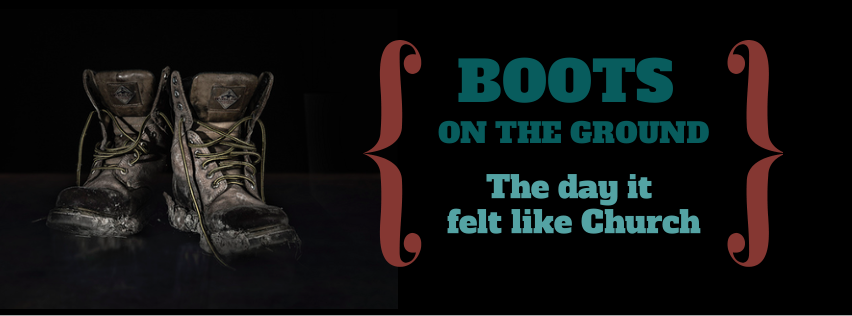Let’s Admit We Have a Problem
For hundreds of years, common wisdom assumed that the countries of the West were Christian nations.
This concept began when Constantine declared Christianity the official religion of his empire. It was reinforced with the advent of Protestant National churches. Then, beginning with John Winthrop’s famous “City on a Hill” sermon in 1630, civic religion and cultural Christianity became intertwined in the institutions of the United States.
The result was that Westerners were generally considered “Christian”. Individuals often had a normative level of Biblical literacy. Institutions, government, and leaders were assumed to espouse “Christian values”. In this “Christendom” system, conversion often meant claiming membership in a specific denomination and church attendance. Politicians were expected to attend Church and govern in “Christian” ways. There was little discernible difference between being a good citizen and a follower of Christ.
For decades now, these institutional structures have been breaking down. Most countries in Europe are predominantly secular and often skeptical of religion. The U.S. does not seem to be far behind. Stuart Murray defines this “post-Christendom” as:
the culture that emerges as the Christian faith loses coherence within a society that has been definitively shaped by the Christian story and as the institutions that have been developed to express Christian convictions decline in influence (Stuart Murray, The Naked Anabaptist, 78).
This means that forms of churches that might have thrived under Christendom are either showing diminishing returns or have failed altogether.
Followers of Christ in the west now have the opportunity to define themselves apart from the expectations of their culture. Conversations are thriving around the word “missional,” as churches and Christian organizations seek to understand what it means to be missionaries in this new post-Christendom context.

Continue Reading…

















 Tweets
Tweets